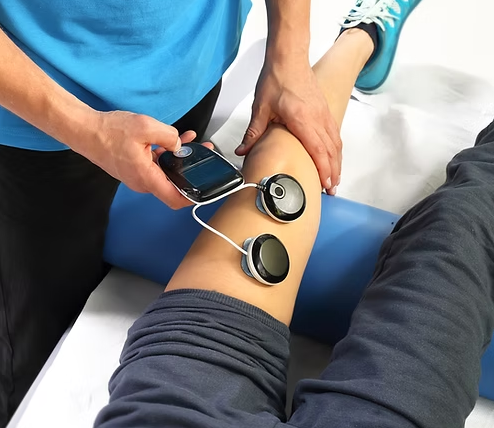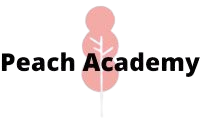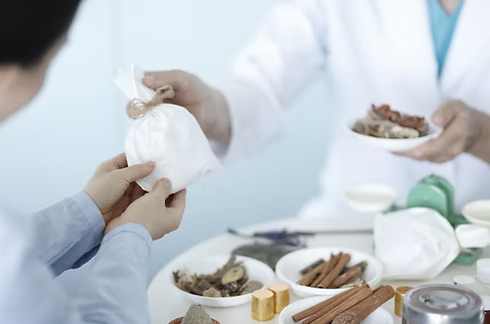
Associate of Science in Natural Pain Management
Award: Associate of Science (AS)
⏱ Duration: 2 Years (Full-time) | 4 Semesters
📚 Credits: 60 Credits
🔍 Program Overview:
The Associate of Science in Natural Pain Management is a specialized degree that equips students with scientific knowledge and practical skills to help manage pain using natural, non-invasive methods. Students will learn about anatomy, physiology, pain science, holistic therapies, herbal medicine, nutrition, bodywork, and stress-reduction techniques. The curriculum combines evidence-based approaches with traditional wisdom to empower future practitioners and promote client-centered care.
🧾 Core Curriculum (60 Credits Total)
General Education (20 Credits)
-
English Composition I – 3 credits
-
Introduction to Psychology – 3 credits
-
Anatomy and Physiology I – 4 credits
-
Human Biology – 3 credits
-
Communication and Wellness – 3 credits
-
Research and Critical Thinking – 4 credits
Major Courses (40 Credits)
Each course is 3–5 credits and includes theory, practical application, and assessments.
📘 Major Course Descriptions & Module Breakdown
🧠 1. Introduction to Pain Management (3 credits)
Course Description:
Explore the foundational principles of pain, including acute vs chronic pain, neurological pathways, pain perception, and psychological dimensions. Students will learn historical and cultural perspectives of natural pain relief.
Modules:
-
Understanding Pain: Definitions, Types, and Theories
-
The Mind-Body Connection in Pain
-
The History of Pain Management Across Cultures
-
Introduction to Natural and Alternative Approaches
🌿 2. Herbal Medicine for Pain Relief (4 credits)
Course Description:
This course focuses on the use of medicinal herbs for pain relief, covering traditional and modern applications. Safety, interactions, and preparations are emphasized.
Modules:
-
Introduction to Herbalism and Phytochemistry
-
Herbs for Inflammatory Pain (e.g., turmeric, ginger)
-
Nervine and Analgesic Herbs (e.g., valerian, willow bark)
-
Herb-Drug Interactions and Ethical Practice
🧬 3. Anatomy and Physiology II (4 credits)
Course Description:
A deeper exploration of the musculoskeletal, nervous, and endocrine systems—focusing on their roles in pain sensation and body function.
Modules:
-
Musculoskeletal System and Pain Receptors
-
The Nervous System and Pain Pathways
-
Endocrine System and Pain Modulation
-
Integrative Organ Systems in Chronic Conditions
🥗 4. Nutrition and Anti-Inflammatory Diets (3 credits)
Course Description:
Explore the role of food in inflammation and chronic pain. Topics include anti-inflammatory nutrition, elimination diets, and functional foods.
Modules:
-
Inflammation and Pain: The Dietary Link
-
Anti-Inflammatory Foods and Supplements
-
Gut Health and Pain Syndromes
-
Creating Dietary Plans for Pain Clients
🧘 5. Mind-Body Therapies for Pain (4 credits)
Course Description:
Study meditation, yoga, guided imagery, and other mindfulness-based therapies proven to reduce pain perception and enhance quality of life.
Modules:
-
Pain Neuroscience Education
-
Mindfulness and Meditation Practices
-
Guided Imagery, Breathwork, and Biofeedback
-
Integrating Mind-Body Therapy into Daily Life
💆 6. Massage, Acupressure, and Bodywork (4 credits)
Course Description:
Learn physical methods of pain relief, including therapeutic massage, trigger point therapy, and acupressure techniques from Traditional Chinese Medicine (TCM).
Modules:
-
Introduction to Manual Therapies
-
Massage Techniques and Indications
-
Acupressure Points for Pain
-
Ethics, Safety, and Contraindications
🧪 7. Natural Supplements and Topicals (3 credits)
Course Description:
Covers popular natural pain relief products such as magnesium, MSM, arnica, capsaicin, and essential oils—alongside research on efficacy and safety.
Modules:
-
Overview of Common Natural Products
-
Mechanisms of Action in Pain Reduction
-
Topical Applications and Delivery Methods
-
Research Review and Safety Guidelines
🌐 8. Case Studies and Clinical Application (3 credits)
Course Description:
Apply learned concepts through case-based learning, mock consultations, and treatment planning. Emphasizes integrative and client-centered care.
Modules:
-
Pain Assessment and Intake Methods
-
Holistic Treatment Planning
-
Simulated Client Consultations
-
Ethics, Scope of Practice, and Referral Systems
🧾 9. Capstone Project: Holistic Pain Management Plan (4 credits)
Course Description:
In this culminating project, students develop a comprehensive natural pain management plan for a hypothetical or real case under supervision.
Modules:
-
Research and Data Collection
-
Writing and Presenting a Holistic Plan
-
Peer Review and Feedback
-
Final Project Presentation
📅 Suggested Program Timeline
| Semester | Courses | Total Credits |
|---|---|---|
| Semester 1 | English Composition I, Intro to Pain Management, Human Biology, Research Skills | 15 credits |
| Semester 2 | Anatomy & Physiology I, Herbal Medicine, Intro to Psychology | 15 credits |
| Semester 3 | Anatomy & Physiology II, Mind-Body Therapies, Natural Supplements | 15 credits |
| Semester 4 | Nutrition for Pain, Massage & Bodywork, Clinical Application, Capstone |
Want to submit a review? Login and enrolled




